Philosphers who advocated for animal rights
The intricate relationship between philosophy and animal rights has long been a subject of profound discourse. Philosophers have been pondering our ethical obligations to animals for centuries, integrating these considerations into broader ethical theories.
Their contemplations cover a spectrum from ancient musings to modern debates, each offering unique insights. These thinkers challenge us to scrutinize our treatment of animals, urging society to reflect on the moral implications of our interactions with other sentient beings.
Pythagoras: The Vegetarian Visionary
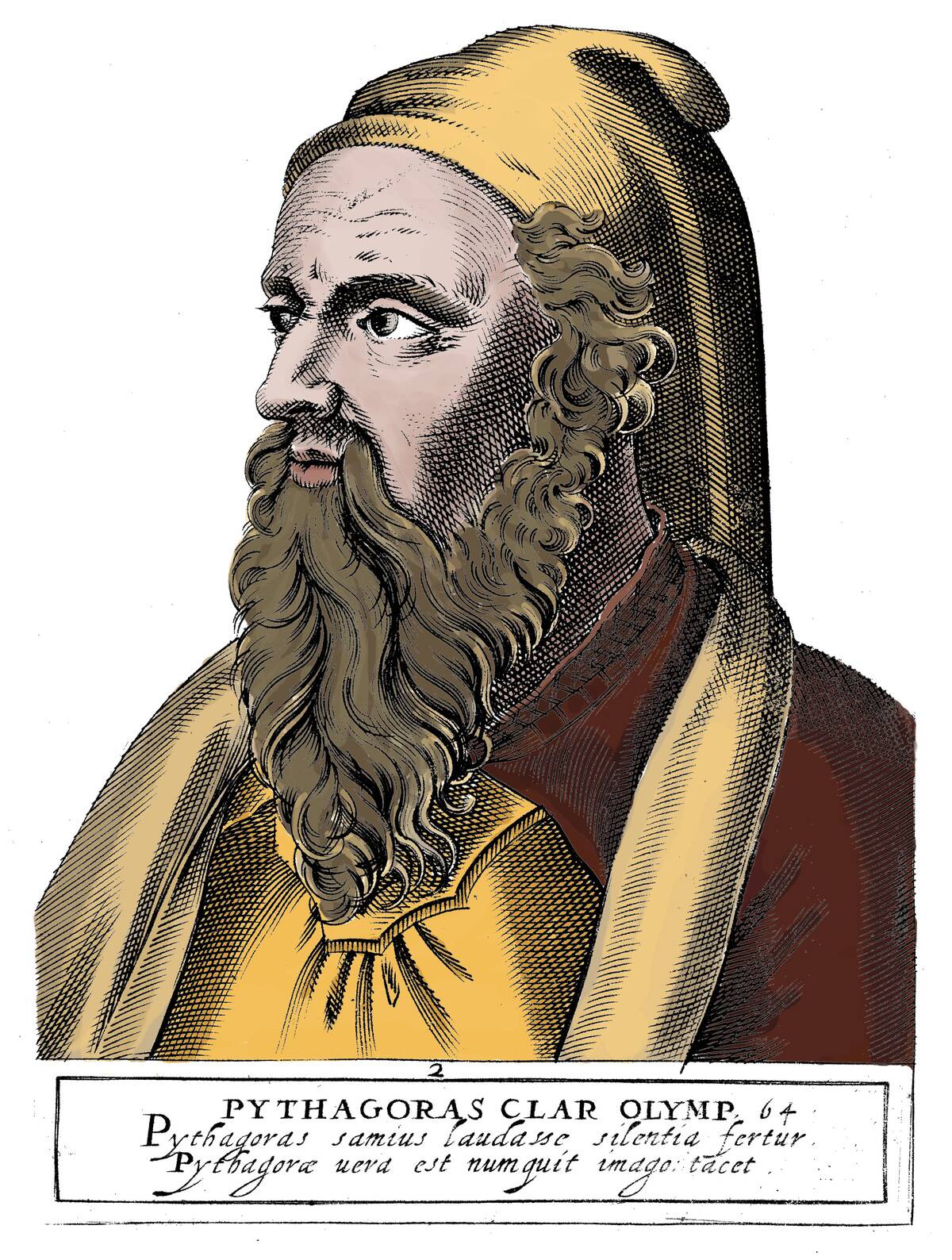
Pythagoras, the ancient Greek philosopher, is often celebrated as a pioneer of vegetarianism. His belief that animals possess souls akin to humans led him to advocate for abstaining from eating animals.
Pythagoras’ teachings suggested a deep connection between the treatment of animals and the moral health of human beings, a radical notion that challenged the norms of his time and inspired future generations to rethink dietary and ethical choices.
Plutarch: The Compassionate Classicist
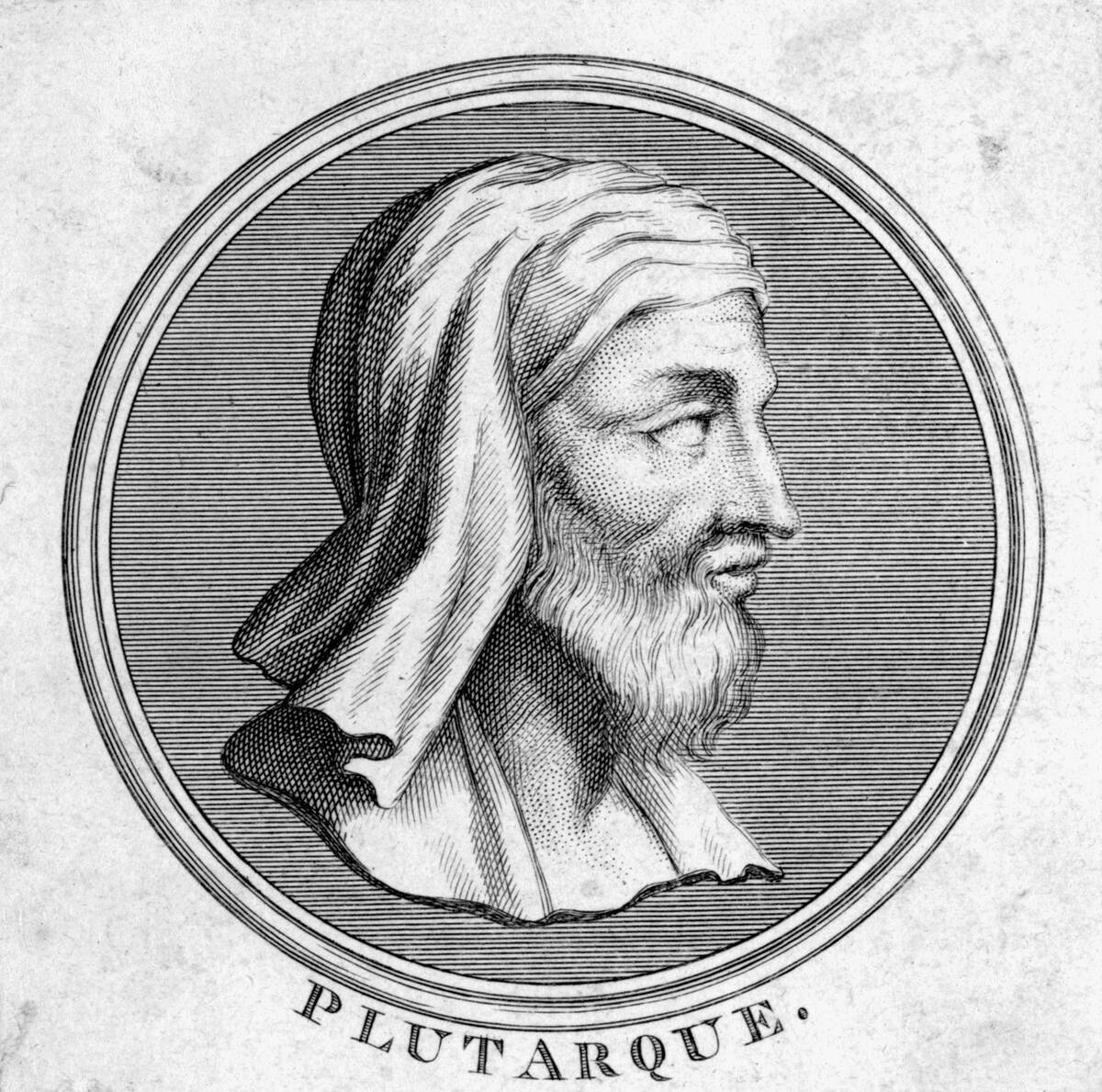
Plutarch, a Greek biographer and essayist, was an early proponent of animal welfare. In his essay “On the Eating of Flesh,” he criticized the consumption of meat, urging people to recognize the unnecessary suffering inflicted on animals.
Plutarch’s eloquent arguments for compassion and empathy extended beyond human society, emphasizing the moral duty to treat all living beings with kindness, thus contributing significantly to the early discourse on animal ethics.
Jeremy Bentham: The Utilitarian Argument for Animals

Jeremy Bentham, the founder of modern utilitarianism, famously questioned why animals should be denied rights based on their inability to reason or communicate. Bentham argued that the capacity to suffer, not the ability to reason, should be the benchmark for moral consideration.
His utilitarian perspective posited that minimizing suffering is paramount, thereby extending ethical concern to animals and influencing later thinkers in the animal rights movement.
Arthur Schopenhauer: The Critic of Human Arrogance
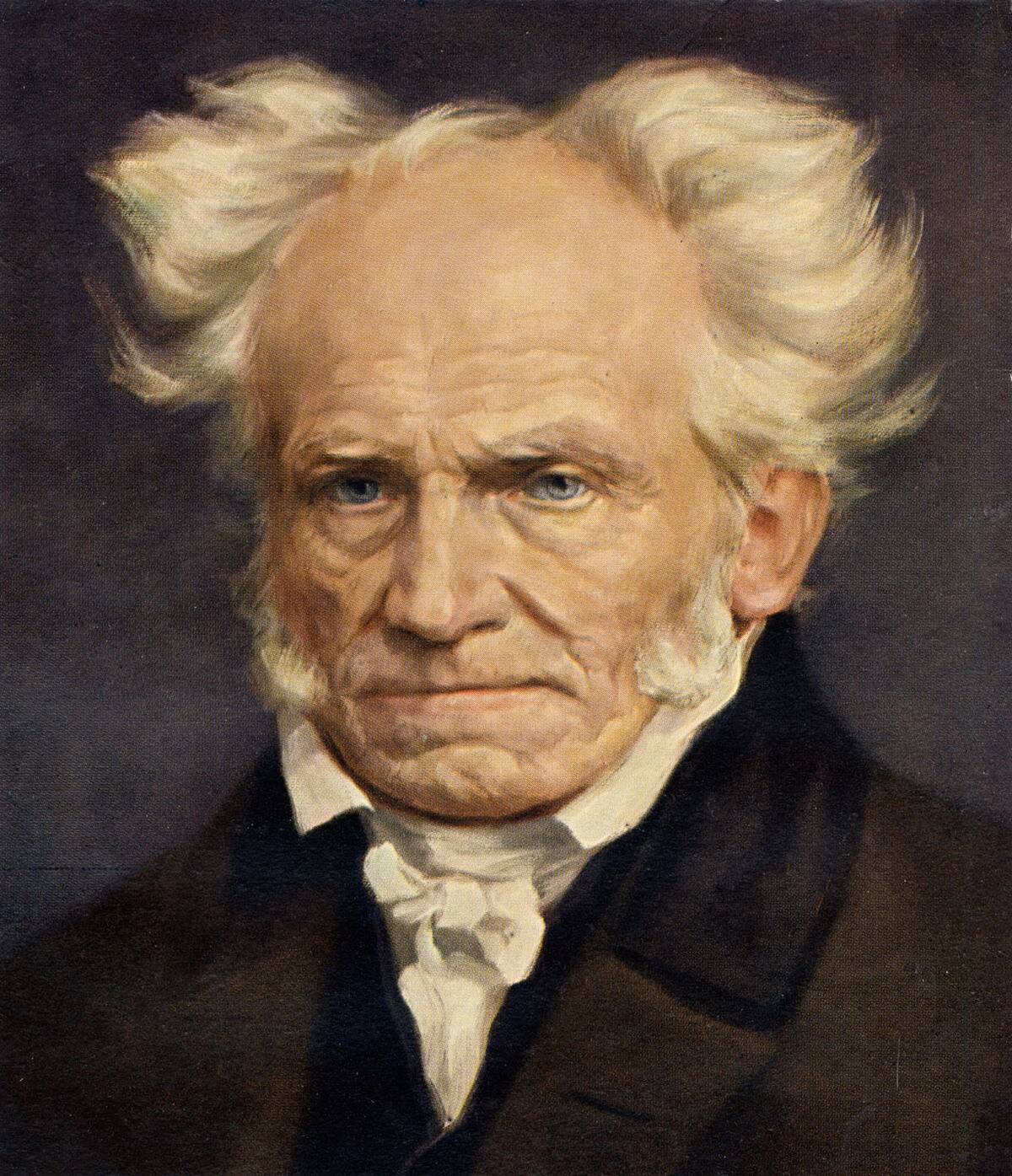
Arthur Schopenhauer, a German philosopher, was a fervent critic of human arrogance and speciesism. He contended that humans often overestimate their importance in the natural world, leading to the unjust treatment of animals.
Schopenhauer’s philosophy emphasized compassion and empathy, urging recognition of the intrinsic value of all sentient beings. His work challenged the anthropocentric worldview, encouraging a more egalitarian approach to animal ethics.
Henry Salt: The Pioneer of Modern Animal Rights
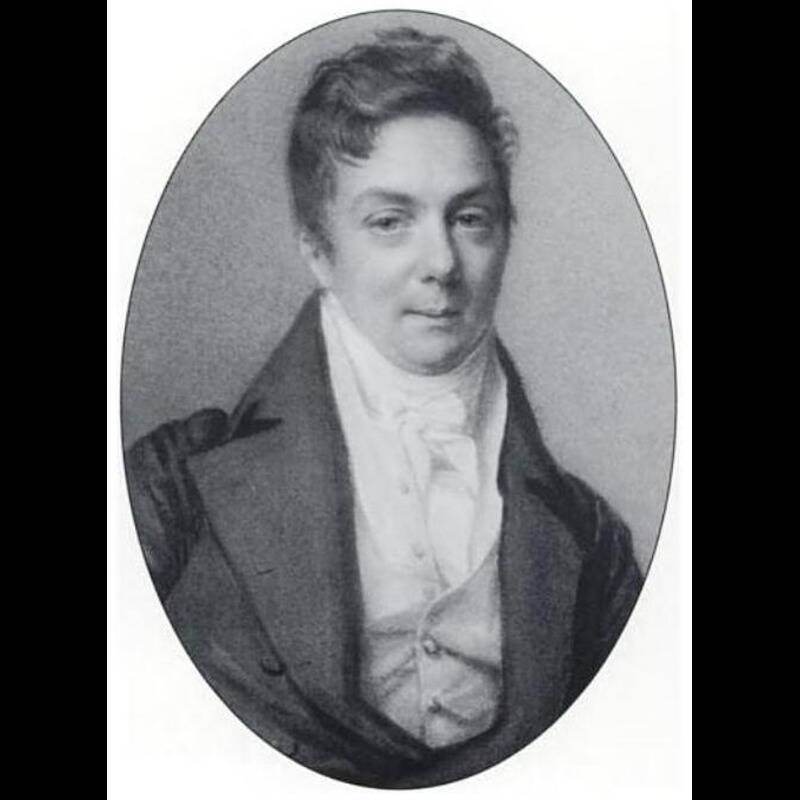
Henry Salt was a pivotal figure in the development of modern animal rights. In his influential book “Animals’ Rights: Considered in Relation to Social Progress,” Salt argued that animal rights are an extension of human rights.
A staunch advocate for social reform, he linked the treatment of animals to broader social justice issues. Salt’s work laid the groundwork for contemporary animal rights movements, inspiring activists to pursue legislative and societal changes.
Peter Singer: The Father of Animal Liberation

Peter Singer, an Australian philosopher, revolutionized the animal rights movement with his book “Animal Liberation.” Singer’s utilitarian approach emphasized reducing suffering and treating animals as beings with interests comparable to humans.
His arguments against speciesism, discrimination based on species, have reshaped ethical discussions, leading to increased awareness and advocacy for animal welfare. Singer’s influence extends globally, inspiring countless individuals to rethink their ethical responsibilities toward animals.
Tom Regan: The Case for Animal Rights

Tom Regan, an American philosopher, presented a compelling case for animal rights rooted in deontological ethics. In “The Case for Animal Rights,” Regan argued that animals possess inherent value as “subjects-of-a-life” and deserve rights independent of their utility to humans.
His work challenged utilitarian perspectives, advocating for the recognition of animals as individuals with moral rights. Regan’s ideas have become foundational in the philosophical discourse on animal rights.
Mary Midgley: The Ethical Consideration of Animals

Mary Midgley, a British philosopher, explored the ethical consideration of animals within the broader context of moral philosophy. She critiqued the anthropocentric view that dismisses animals as morally irrelevant, arguing for a more inclusive ethical framework.
Midgley’s work emphasized the interconnectedness of all life forms, urging recognition of the moral significance of animals. Her nuanced approach has contributed to a deeper understanding of the ethical dimensions involved in human-animal relationships.
Gary Francione: Abolitionist Approach to Animal Rights
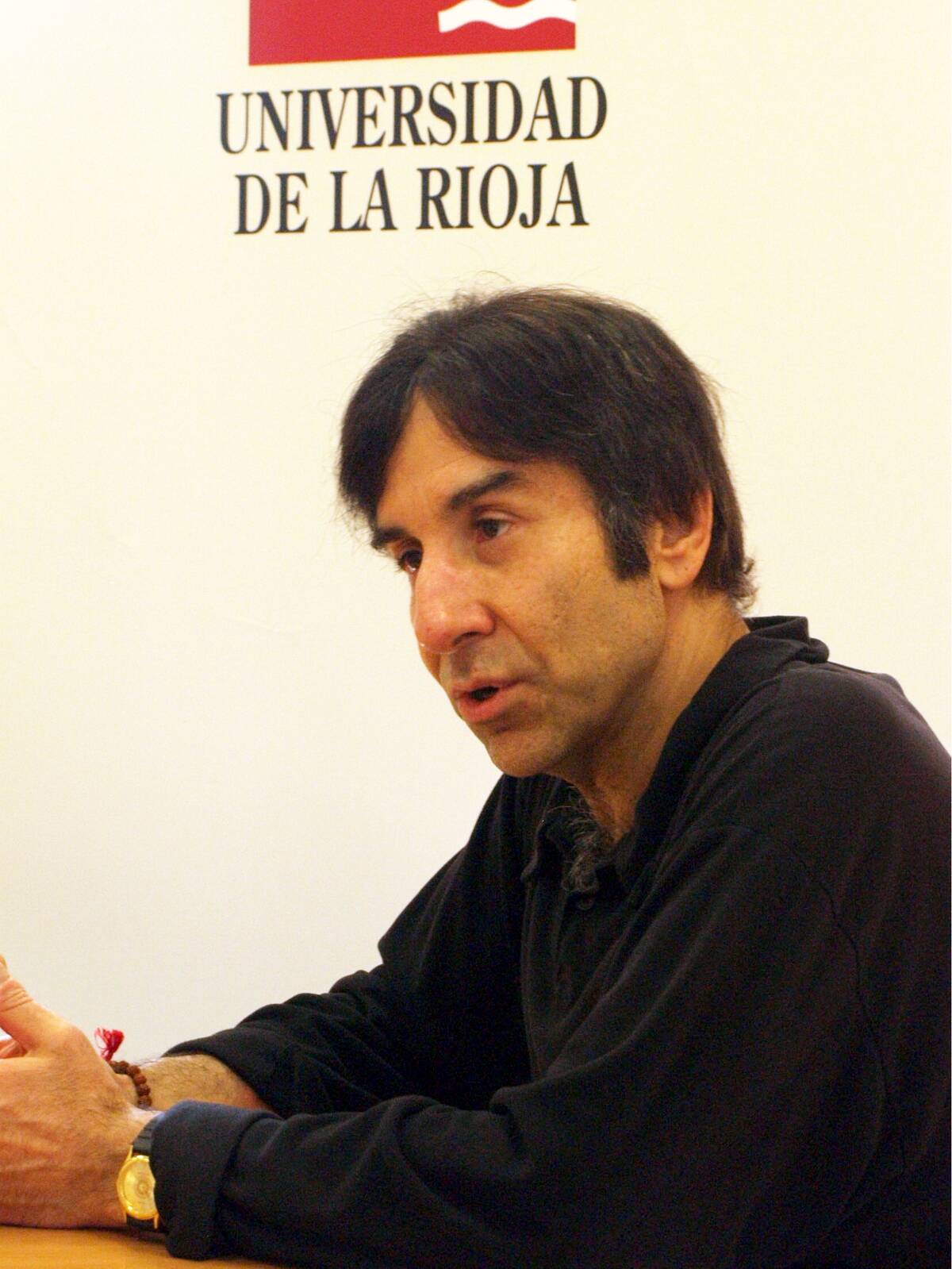
Gary Francione, a prominent legal scholar, advocates for an abolitionist approach to animal rights. He argues against the use of animals for human purposes, emphasizing the need to eliminate the property status of animals.
Francione’s work challenges the incremental reforms of welfare approaches, asserting that true justice for animals requires the complete abolition of their exploitation. His perspective has sparked significant debate within the animal rights community, pushing for more radical changes.
Martha Nussbaum: The Capabilities Approach to Animal Well-being

Martha Nussbaum, a renowned philosopher, applies the capabilities approach to animal well-being. She argues that justice demands the recognition of animals’ capabilities and the provision of conditions that allow them to flourish.
Nussbaum’s work expands the ethical discourse by integrating animal welfare into broader theories of justice. Her approach emphasizes the moral obligation to ensure that all sentient beings have the opportunity to lead fulfilling lives, challenging traditional views on animal ethics.
Carol J. Adams: The Intersection of Feminism and Animal Rights

Carol J. Adams, a feminist theorist, explores the intersection of feminism and animal rights in her groundbreaking work “The Sexual Politics of Meat.” Adams examines the parallels between the oppression of women and animals, highlighting the interconnected nature of various forms of exploitation.
Her analysis critiques the patriarchal structures that perpetuate violence against both women and animals. Adams’ work has inspired a feminist movement within animal rights, advocating for the dismantling of oppressive systems.
Richard Ryder: The Concept of Speciesism

Richard Ryder, a British psychologist, coined the term “speciesism” to describe the discrimination against non-human animals. He argues that speciesism is akin to racism or sexism, as it unjustly prioritizes human interests over those of other species.
Ryder’s concept has become a cornerstone of animal rights philosophy, challenging individuals and societies to confront their biases and reconsider the ethical treatment of animals. His work has been instrumental in framing the moral debate around animal rights.
Will Kymlicka: Political Theory and Animal Rights

Will Kymlicka, a political philosopher, has contributed significantly to the discourse on animal rights through his work on political theory. He proposes that animals be recognized as members of a political community, deserving of rights and protections similar to those afforded to humans.
Kymlicka’s approach challenges traditional notions of citizenship and rights, advocating for the inclusion of animals within the framework of justice. His work offers a novel perspective on the integration of animal rights into political theory.
David DeGrazia: Ethical Treatment and Animal Welfare
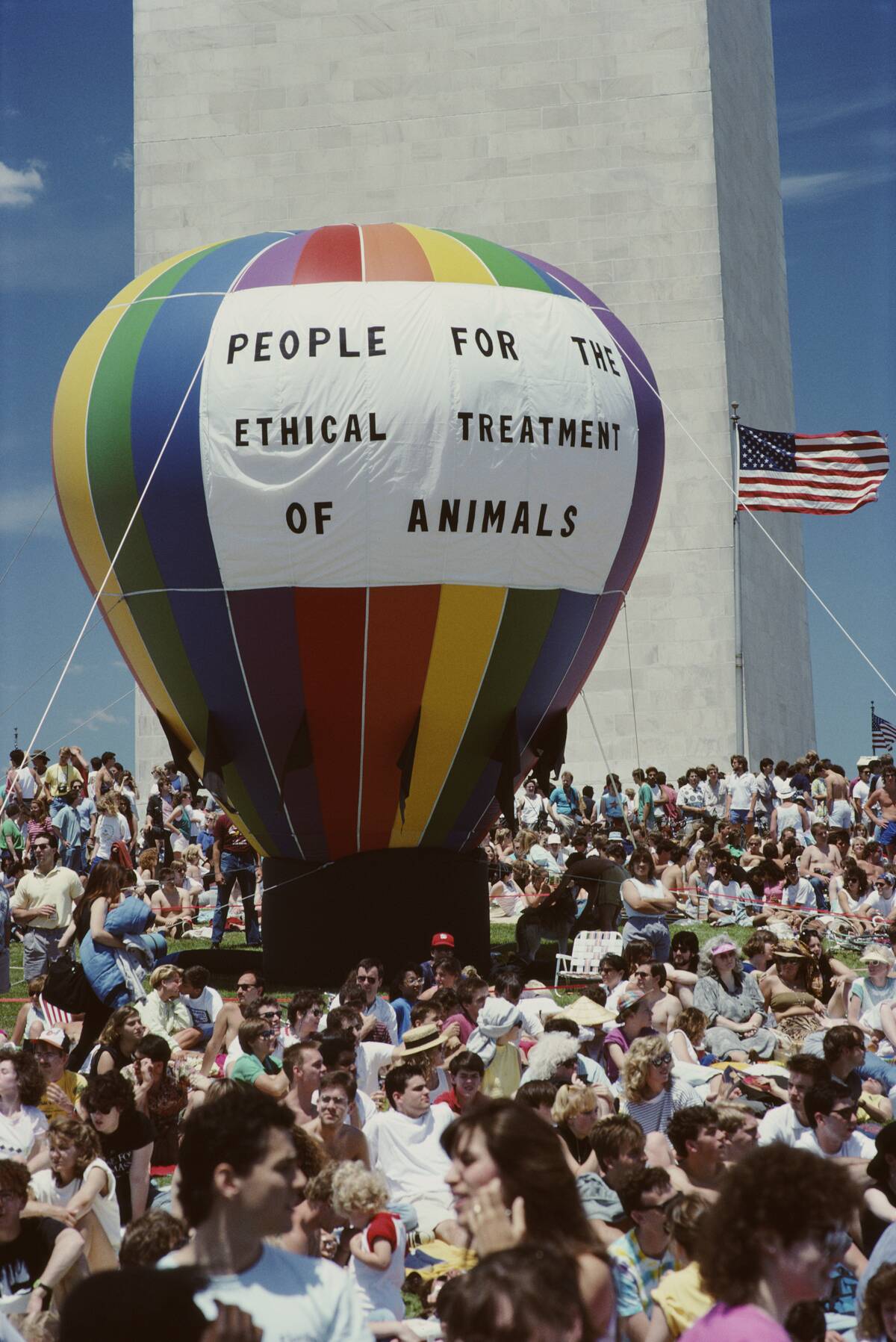
David DeGrazia, a bioethicist, explores the ethical treatment of animals within the context of animal welfare. He emphasizes the importance of balancing human interests with the well-being of animals, advocating for policies that minimize suffering and promote humane treatment.
DeGrazia’s work critiques the exploitation of animals in various industries, urging a shift towards more compassionate practices. His contributions have influenced debates on animal welfare, highlighting the ethical implications of human-animal interactions.
Alasdair Cochrane: Liberation and the Limitations of Rights

Alasdair Cochrane, a political theorist, examines the limitations of rights-based approaches to animal liberation. He argues that focusing exclusively on rights can overlook broader considerations of well-being and justice.
Cochrane advocates for a more comprehensive approach that addresses the systemic causes of animal exploitation. His work challenges traditional rights-based frameworks, calling for a reevaluation of how society addresses the needs and interests of animals within the context of justice and liberation.
Mark Rowlands: Animals Like Us

Mark Rowlands, a philosopher, argues for the recognition of animals as beings similar to humans in his book “Animals Like Us.” He contends that animals possess qualities that warrant moral consideration, challenging the view that they are merely resources for human use.
Rowlands’ work emphasizes the moral obligations humans have toward animals, advocating for ethical treatment and recognition of their intrinsic value. His insights contribute to the ongoing discourse on the moral status of animals.
Steven Best: Total Liberation and Critical Animal Studies

Steven Best, a philosopher and activist, promotes the concept of total liberation within the framework of critical animal studies. He argues for the interconnectedness of various forms of oppression, advocating for the simultaneous liberation of humans, animals, and the environment.
Best’s work challenges traditional approaches to animal rights, emphasizing the need for a holistic perspective that addresses the root causes of exploitation. His contributions have inspired a new wave of activism focused on comprehensive social justice.



